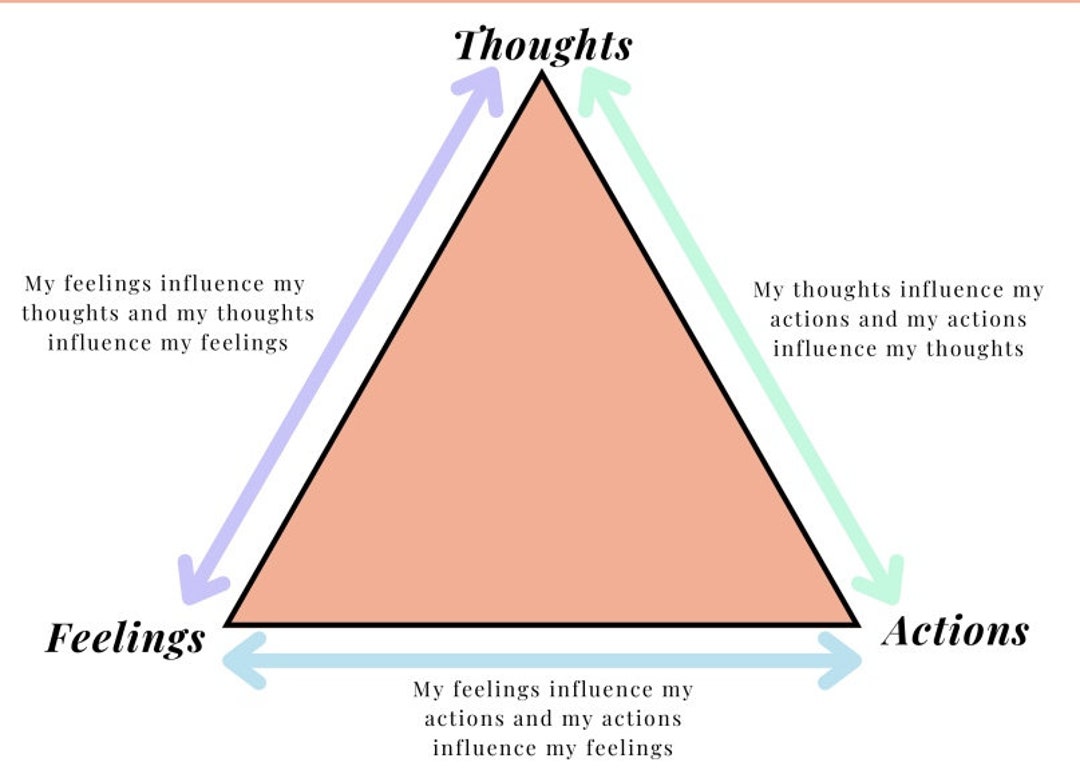A sudden, strong urge or desire to do something.
Impulse
Name one healthy coping skill. What makes it healthy?
Thanks!
what currently helps with feelings of anxiety, anger, or others?
Thanks for sharing.
Provide an example of an I statement and how they help during conversations.
“I feel EMOTION WORD when EXPLAINATION. Could you please _____."
When a person feels that they are being blamed—whether rightly or wrongly—it’s common that they respond with defensiveness. “I” statements are a simple way of speaking that will help your clients avoid this trap by reducing feelings of blame. A good “I” statement takes responsibility for one’s own feelings, while tactfully describing a problem.
You have a ton of homework but are not in the mood to do it. You have the impulse to just ignore it.
Thanks for sharing
The ability to stop and think before doing something, especially controlling wants and desires.
Impulse control
Name one way that we communicate WITHOUT words
Body language, facial expressions, posture
When Sara is anxious, she pictures herself lying on the beach, reading a book, feeling the sun on her skin, smelling the salty breeze, and hearing the sound of the waves crashing on the shore.
What is Visualization
What is defensiveness? When was a time you felt defensive?
Deflecting responsibility for your own mistakes and behaviors, or refusing to accept feedback.
• Making excuses for behavior.
• Shifting blame to your partner.
You are feeling upset about something you saw on T.V. You decide to talk to your parents about it. What are the consequences?
Your parents will be happy you are sharing. You may feel better. Your parents will help you.
What is it called when you do something to calm down, especially when you're in a difficult situation? Examples include: going for a walk, talking to a friend, taking a deep breath.
Healthy Coping Skills
What is an example of an UNHEALTHY coping skill?
Unhealthy coping skills are yelling, hitting and hurting myself. These tend to feel good in the moment, but have long-term negative consequences.
This intervention teaches individuals to notice their feelings and thoughts without judging them. It may also include teaching people to focus and ground themselves to the present.
What is Mindfulness?
What is active listening, and what is one way to practice active listening?
Listening is an active process, rather than a passive one. An active listener is a participant in a conversation—not just an audience.
Show you’re listening, encourage sharing, and strive to understand.
-no distractions, verbal and non-verbal cues, ask open-ended questions, use reflections, be open.
You are about to eat dinner when you see a big slice of cake on the counter. What are the consequences to eating the cake before dinner?
You may lose your appetite for dinner. The people you are eating with may feel angry with you. Your body won't get the nutrients it needs.
How do emotions influence your thoughts and behaviors? or vice versa?

This "response" describes what people do when they are in dangerous situations.
What is Fight-Flight-Freeze response?
The relaxation strategy involves tightening and releasing muscles
What is progressive muscle relaxation?
What impacts your mood and communication with others?
-basic needs
-environment
-stressors
-others?
You are in a social group and someone is talking. You suddenly remember something you want to share, as well. What are the consequences to interrupting the person?
The person speaking may become angry with you. The group may not listen to what you have to say because you interrupted. Someone may interrupt you.
Name one stressor from the week
Thanks
In the first week of 7th grade, Jess found out she had to do a presentation in French in front of the class. She was already very nervous and then on the day of the presentation, she saw a video camera set up in her class. She no longer felt she could complete the presentation and begged her teacher to reschedule her. This is an example of which anxiety FFF response?
What is Flight? (or escape avoid)
Do you feel you "fit in" places?
Thanks for sharing.
What are the 3 types of communication styles? Which do you use most frequently?
Passive, Aggressive, Assertive.
Passive: a person prioritizes the wants, needs, and feelings of others, even at their own expense.
Aggressive: a person expresses that only their wants, needs, and feelings matter.
Assertive: emphasizes the importance of both peoples' needs. A person stands up for their own needs, wants, feelings, but also listens to and respects the needs of others. Defined by confidence and willingness to compromise.
How should you react in the following situation?
Your brother is making fun of you and calling you names.
*thumbs up*